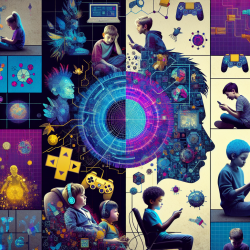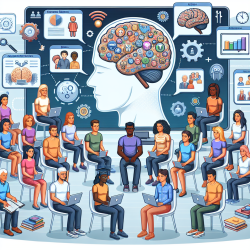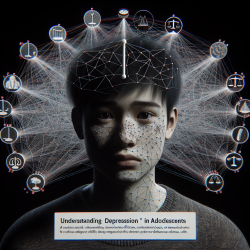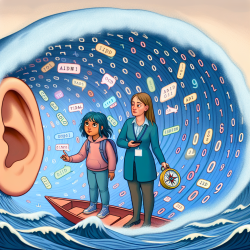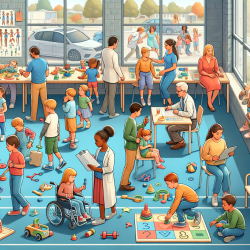Introduction
In today's digital age, children are increasingly exposed to online environments, making them susceptible to various mental health challenges. One such challenge is Internet Gaming Disorder (IGD), which has been linked to depression. A recent study titled "Reciprocal relationship between depression and Internet gaming disorder in children: A 12-month follow-up of the iCURE study using cross-lagged path analysis" explores this complex relationship. This blog aims to provide practitioners with insights into the study's findings and how they can be applied to improve outcomes for children.
Study Overview
The iCURE study involved 366 elementary-school students who were current Internet users, making them at risk for IGD. Researchers assessed the severity of IGD features and levels of depression using standardized tools over a 12-month period. The study employed cross-lagged path analysis to investigate the reciprocal relationship between these two variables.
Key Findings
- Depression at baseline significantly predicted the severity of IGD features at the 12-month follow-up (β = 0.15, p = .003).
- Severity of IGD features at baseline also predicted depression levels at the 12-month follow-up (β = 0.11, p = .018).
- The study demonstrated a reciprocal relationship, suggesting that both conditions influence each other over time.
Implications for Practitioners
Understanding the bidirectional relationship between depression and IGD is crucial for practitioners aiming to prevent and treat these conditions in children. Here are some actionable steps:
- Early Identification: Regular screening for depressive symptoms and IGD in children can help identify those at risk.
- Integrated Interventions: Develop interventions that address both depression and IGD simultaneously, as they are interrelated.
- Family Involvement: Encourage family-based interventions to provide a supportive environment for children.
- Education and Awareness: Educate parents and educators about the signs of depression and IGD to facilitate early intervention.
Encouraging Further Research
While this study provides valuable insights, further research is needed to explore the underlying mechanisms of the depression-IGD relationship. Practitioners are encouraged to contribute to this field by conducting longitudinal studies and exploring interventions that can break the cycle between these two conditions.
Conclusion
The reciprocal relationship between depression and IGD in children highlights the need for comprehensive approaches to mental health care. By applying the findings from the iCURE study, practitioners can better support children in overcoming these challenges.
To read the original research paper, please follow this link: Reciprocal relationship between depression and Internet gaming disorder in children: A 12-month follow-up of the iCURE study using cross-lagged path analysis.
